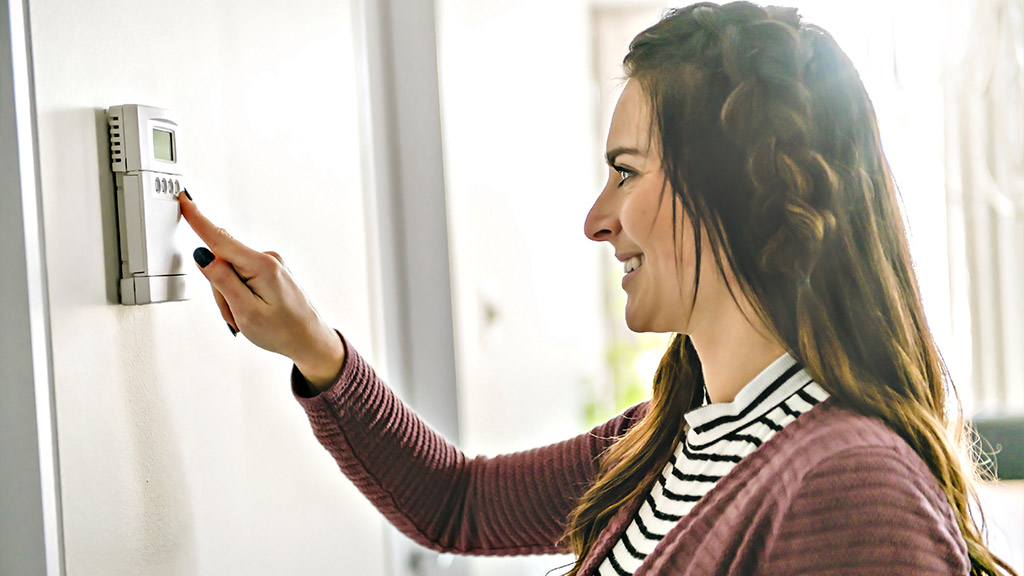Home > Blog > Home > Save money on heating this winter: five low-tech tips for every home
Save money on heating this winter: five low-tech tips for every home
There are hundreds of ways of making small or major energy savings, some credible, some a bit bizarre, and some so obvious it would be a shame not to adopt them. We have sorted through them to enable you to begin cutting your heating bill (whether for financial or environmental reasons).

#1 Use the heat of the sun
Make your home into a solar energy collector. During the day, open the curtains of south-facing windows to allow sunlight to heat your home naturally. Then close them again at night to avoid loss.
#2 Cover the coldest windows
After any drafts that might exist, windows are the second biggest source of cold air entering your home. You will quickly be able to identify the worst windows by the condensation which forms on their surface when it is cold outside and hot inside.
Have you no possibility or the budget to replace the windows this year? You can improve the situation to help against the loss of heat in the meantime:
- Install insulating curtains or add a thermal lining to your existing curtains.
- Fit anti-heat loss film to create temporary double or triple glazing.
#3 Adjust the temperature
Each room has a recommended temperature:
- 19 °C in living rooms (sitting room, dining room and kitchen)
- 17 °C in bedrooms
- 22 °C in bathrooms when in use and 17 °C when not in use
These values obviously need to be adapted to your preferences, but they are good and perfectly acceptable indicators.
Why 19 °C? Because 1 °C more represents 6% more consumption (source: ENOVOS). Over a year, that could have a big impact on your energy bill.
#4 Adjust your hot water temperature
This is often overlooked, as it has less of a direct impact on our comfort. As long as hot water comes out of the tap, we’re happy.
A temperature of 55 °C to 60 °C is ideal. That is sufficient for all domestic applications, as it limits the development of pathogenic bacteria, without allowing limescale to build up in the boiler. Don’t forget to check it – the wrong setting to start with can go for years without being noticed.
#5 Plan hot water production
If you have a gas or oil central heating system, it’s in your interests to produce hot water intermittently. Some systems come pre-fitted with a timer, while others can have one fitted by a professional.
If you use an electric boiler and you are on a cheaper off-peak tariff, it is worth calculating the (financial) benefits… If in doubt, the ecological argument will always tip the balance in favour of the timer.
Some final tips
Here are some more free or cheap ideas:
- Place thermal reflectors on the back of your radiators
- Bleed air from your radiators
- Insulate hot water pipes
- Insulate your hot water tank
- Close living room doors
- Do not dry your clothes on the radiators as it will prevent the radiators from working properly and make the boiler run longer
- Avoid electric heaters wherever possible, as they are the biggest energy consumers


